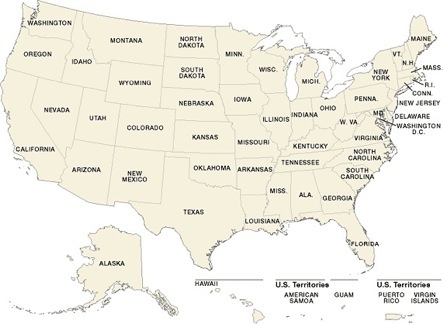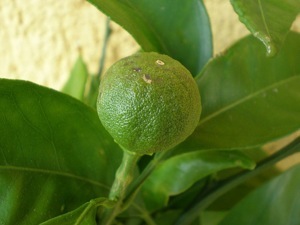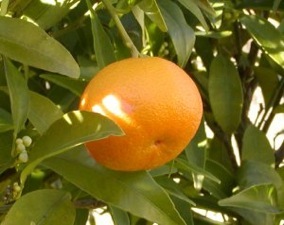Country of Origin

southeastern Asia and the Philippines
Habitat
Citrus reticulata is grown in tropical and subtropical areas, including Florida, South Carolina, Arizona, Texas, and California. They
are found in sunny,
warm areas
throughout the
world. The tree is
somewhat
cold-hardy and
tolerant of drought,
but the mandarin
fruit itself is very
delicate and
sensitive to the
cold.





Ecological Niche & Interactions with Other Organisms
Citrus reticulata is found in tropical and subtropical areas. Many other organisms inhabit the same ecological niche, including other trees, animals, particularly insects. Many types of insects feed, inhabit, or are associated with Citrus reticulata. However, because they are highly visible during harvest, most (other than the honey-bee which aids in pollination) are usually removed by hand or disturbed by the fruit falling to the ground, in which they crawl off of the fruit onto the ground. Two types of significant fruit flies that can be found often with Citrus reticulata include the Anastrepha fraterculus and Ceratitis capitata. Citrus reticulata is a primary
producer and at the bottom
of the food web as it provides
nutrition to various
organisms in the form of
sugar through its orange
fruits, commonly known
as mandarines or tangerines.
The Citrus reticulata tree blooms in the beginning of the winter months, produces
small green fruits in spring,
and these fruits ripen and turn
orange in late summer, early fall.
Growth
United States Locations of Growth (National Park Service)
Green, un-ripe fruit (Wikimedia)
Citrus reticulata, like all other trees within the Citrus genus require deep soil with both good surface and internal drainage. Surface drainage prevents water from standing around the tree and is often known as runoff. Internal drainage refers to the water being able move through the root system by draining down through the soil.
Citrus reticulata tree grows at a pH of 6 to 8. They do not, however, grow well in soils with a high salt content.
Like all other angiosperms, the reproduction of Citrus reticulata has the alternation of generations. See more about how it reproduces.

Ceratitis capitata (USDA)
Orange, ripe fruit (Wikimedia)
Meet the Mandarin Orange
Home
Moving on to how it adapts...




